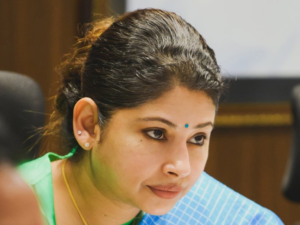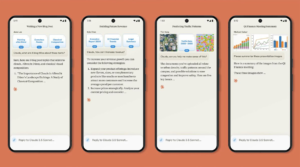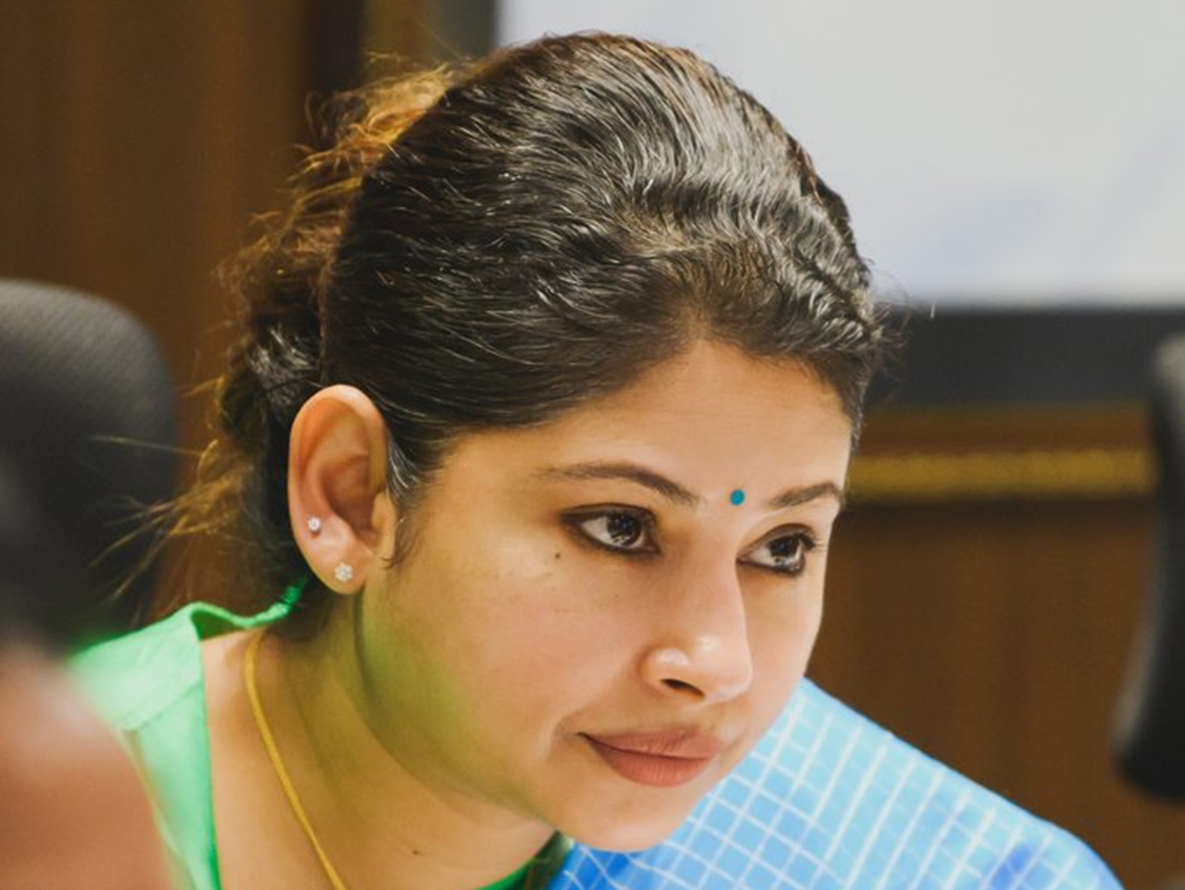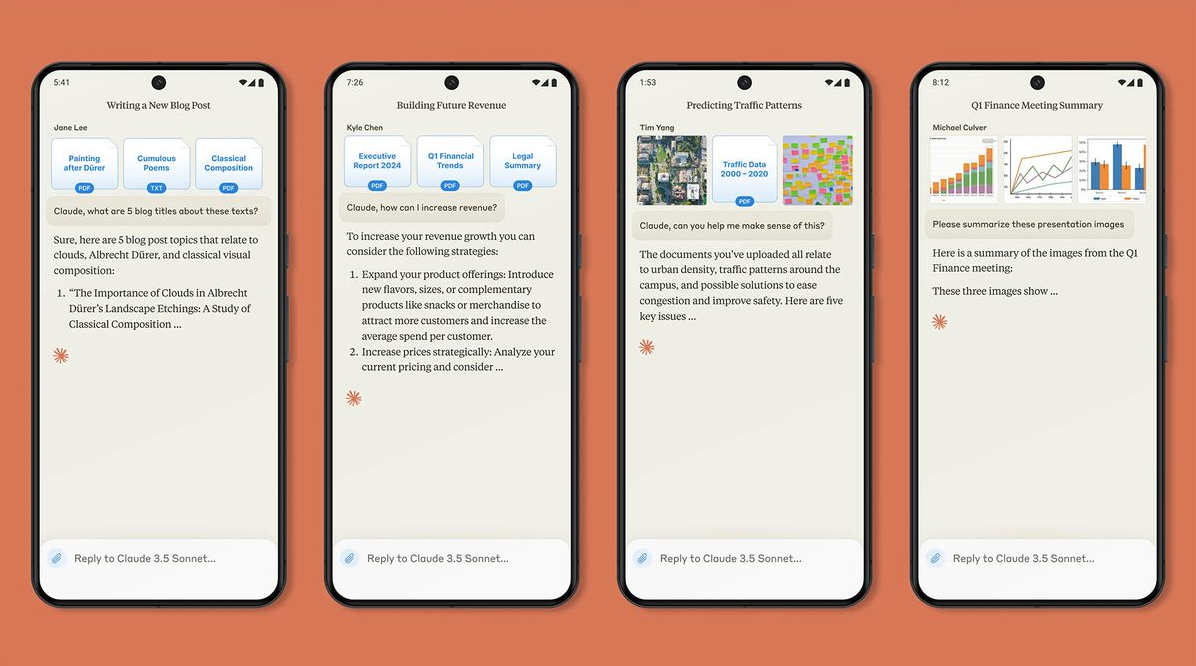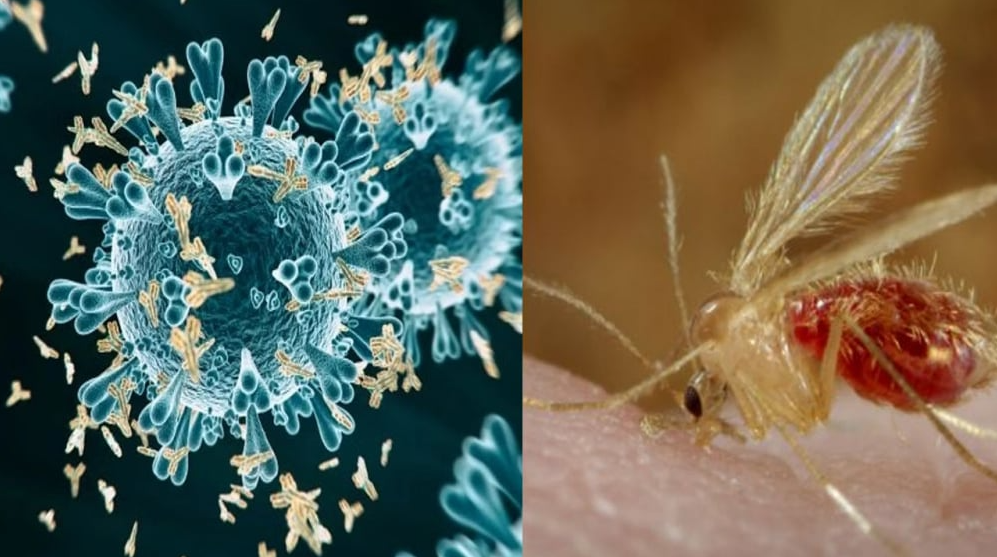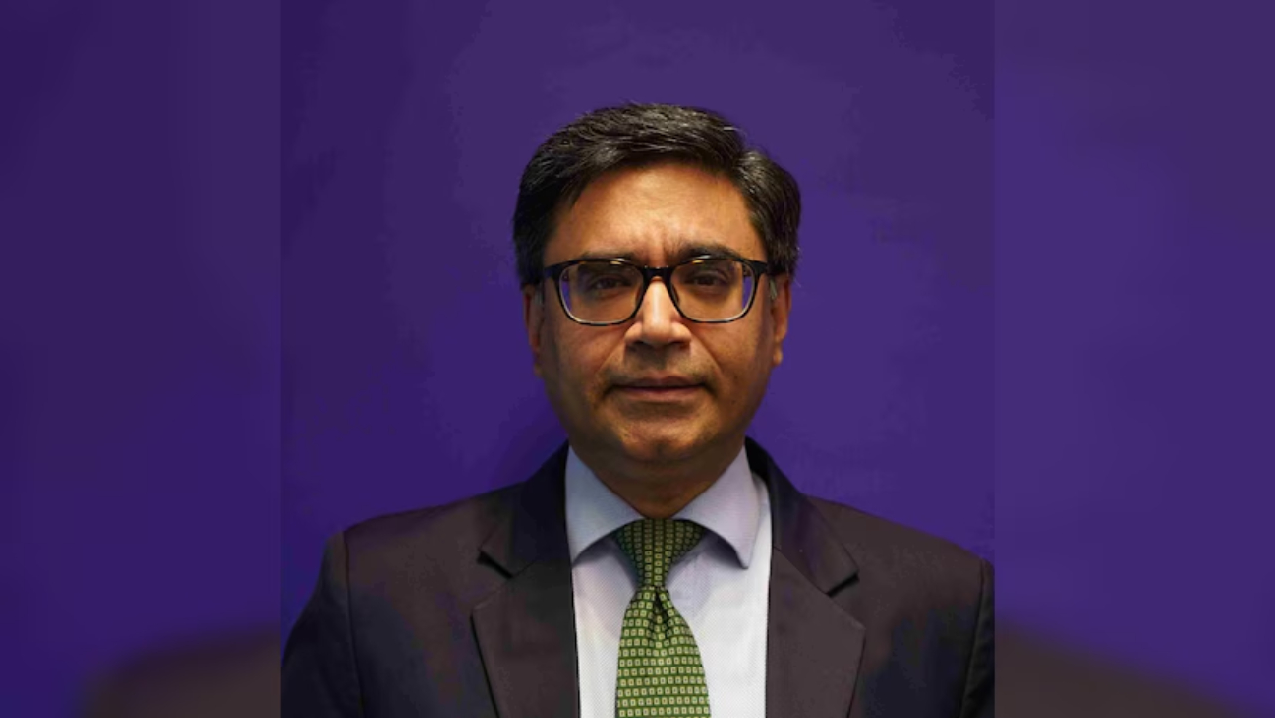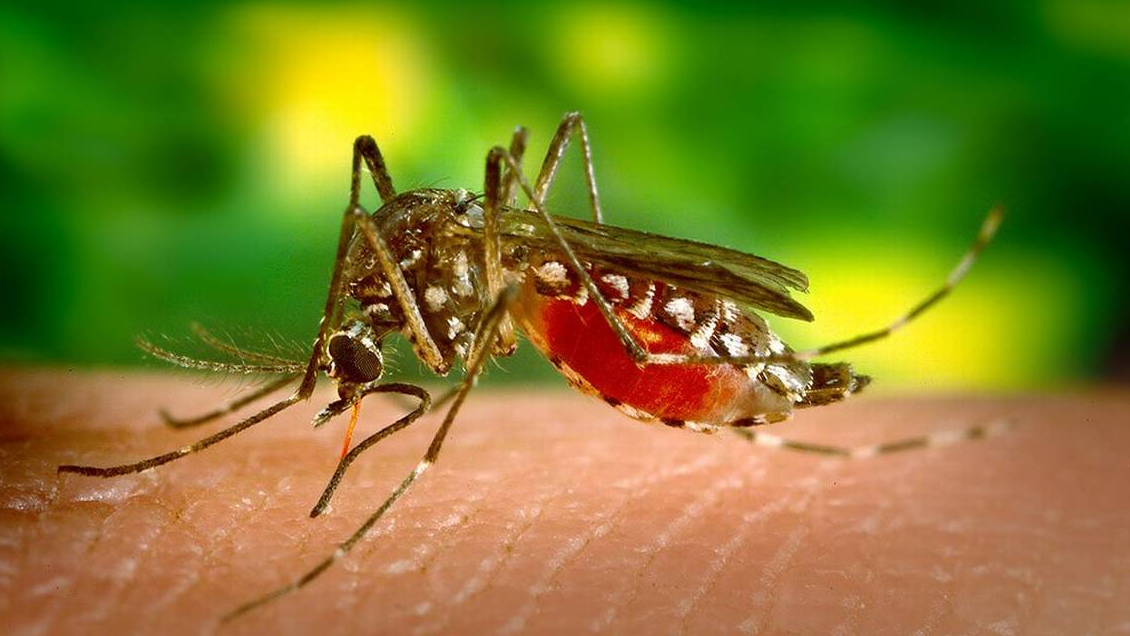For decades, heart disease was primarily seen as a concern for older men. However, recent data paints a worrying picture: heart attacks are striking younger women at an alarming rate. This trend has sent shockwaves through the medical community, prompting urgent questions about the contributing factors.
Traditional culprits still play a role in heart attacks:
- Unhealthy habits: Like their male counterparts, younger women are increasingly susceptible to the influence of poor diet, physical inactivity, and smoking. These choices contribute to the buildup of plaque in arteries, a significant risk factor for heart attacks.
- Stress and mental health: Chronic stress and conditions like anxiety and depression have been linked to an increased risk of heart problems in both men and women. The fast-paced nature of modern life, coupled with societal pressures, can take a toll on women’s emotional well-being, potentially impacting their cardiovascular health.
However, younger women face unique challenges:
- Undiagnosed conditions: Conditions like polycystic ovary syndrome (PCOS) and preeclampsia can increase the risk of heart disease, but they often go undiagnosed or underdiagnosed in younger women. This lack of awareness leaves them vulnerable to complications.
- Hormonal shifts: Menopause and fluctuations in estrogen levels can significantly impact cardiovascular health. Younger women experiencing early menopause or irregular cycles due to various factors might be at higher risk without realizing it.
- Pregnancy complications: Conditions like preeclampsia and gestational diabetes during pregnancy can raise a woman’s long-term risk of heart disease. Early identification and management of these complications are crucial.
Combating the trend:
Raising awareness about heart disease risk factors and encouraging healthy lifestyle choices in young women is paramount. Additionally, promoting regular checkups and screenings for undiagnosed conditions can play a vital role in early detection and prevention. Research into female-specific risk factors and tailored prevention strategies is also crucial.
Remember: Heart attacks are not just a “man’s disease.” By staying informed, making healthy choices, and getting regular checkups, younger women can empower themselves to protect their hearts and live longer healthier lives.





